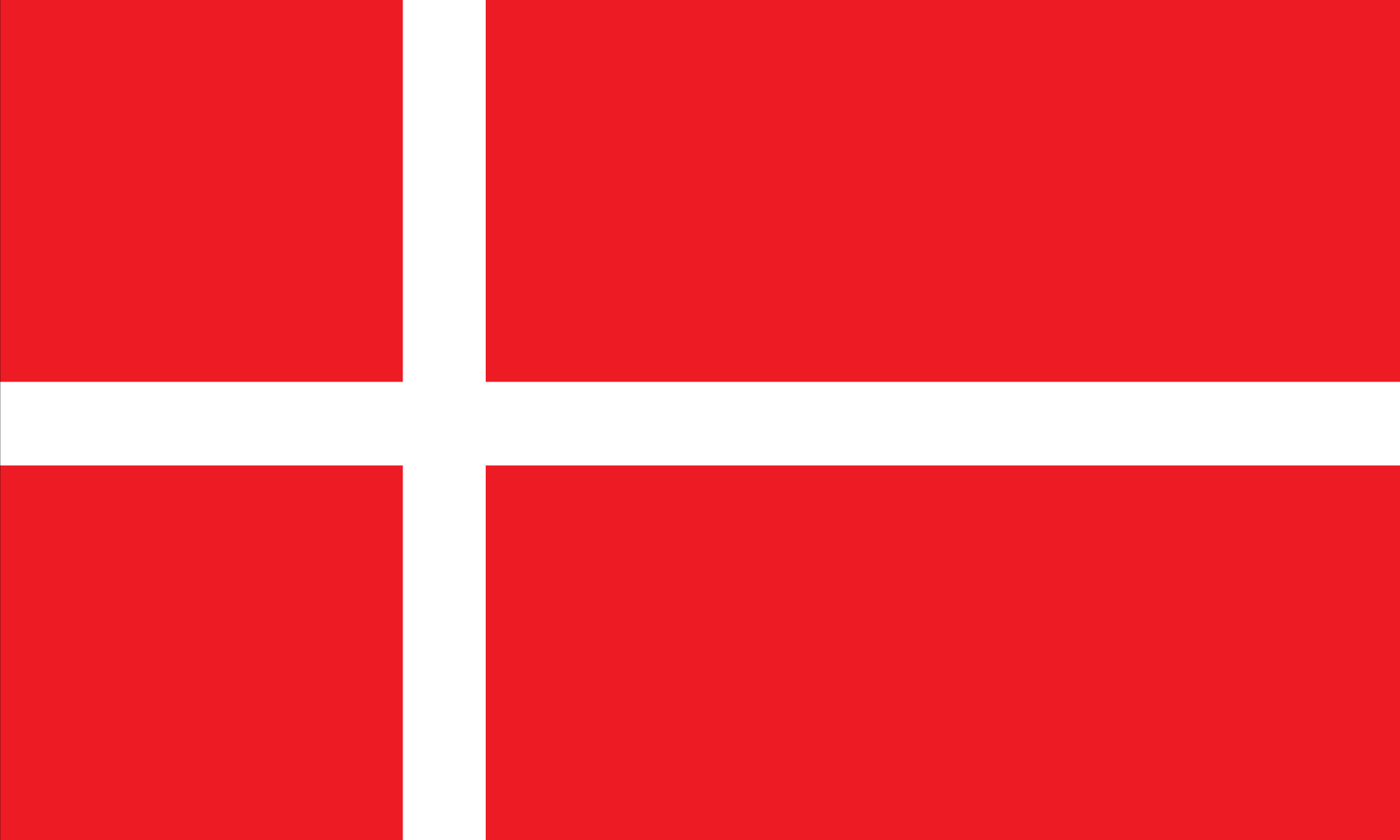
According to the UN’s World Happiness Report, Copenhagen stood out as one of the most iconic cities in the world in the 2018 well-being ranking of major global cities.
Denmark has witnessed a steady increase in immigration in the past three decades. This sovereign nation offers limitless potentials to both businessmen and tourists. In 2014, more than foreign nationals made up 11% of the country’s population.
Today, the population of immigrants living in Denmark is under 500,000, excluding Danish-born descendants that immigrated to Denmark. Due to the increase in traffic, strict restrictions have been placed on the movement of people relocating to the country.
If you are interested in traveling to Denmark to enjoy one of the finest public health systems on Earth, free education, or simply find happiness in one of the happiest countries on Earth, then you are not alone.
Millions of foreigners still find it difficult to successfully migrate from their home country to Denmark. In this guide, we are going to unveil everything you need to know to successfully immigrate to Demark for business, study, or leisure.
Immigration requirements for EU nationals
Foreigners from Nordic countries (Norway, Sweden, Finland, and Iceland) are allowed to live and work in Denmark. If you are a national of any of these states, this initiative gives you passport-free access to any part of the country.
The rules are similar to EU nationals. The only difference is that EU nationals who are non-Nordics must apply for a registration certificate within 90 days of arrival.
Immigration requirements for non-EU nationals
These immigration requirements for Non-EU nationals are more rigorous than those offered to foreigners who are citizens of any EU member state.
Whether you are planning to immigrate to Denmark for leisure, study, work, or long-term residence, you will have to apply for a visa or permit depending on the purpose of your visit.
Third-country nationals can immigrate to Denmark if:
- He/she have a job offer, business meeting, or service in Denmark.
- He/she is a student, trainee, or have an au pair in Denmark.
- He/she is the spouse, parent, child, or relative of a resident or Danish national.
If you plan to immigrate to Denmark, you need to make a visa appointment with any Denmark Embassy, Consulate or accredited visa application center in your home country.
Danish Green Card
The Danish Green Card is a point-based work permit scheme that allows foreign nationals to live and work in Denmark if they meet certain criteria such as age, language skills, work experience, and education.
If you can score up to 100 points, you can obtain a Danish residence permit that is valid for 18 months and can be extended to your immediate family members and relatives.
Even if you manage to score 100 points, you must have valid health insurance and proof that you can support yourself and your relatives throughout your stay in the country before one of these documents can be given to you.
Application documents
Before you can begin processing your visa application, you have to download the visa application form online or from a Danish embassy near you.
Once you’ve collected your application form, you are required to fill in the required areas with your correct details and submit it with the following documents.
- 2 passport photographs
- Your international passport with at least two blank pages and copies of your previous visas
- Travel health insurance of at least €30,000
- A cover letter stating the purpose of visit and program
- Proof of accommodation
- Proof of civil status (if applicable)
- Proof of sufficient financial means
Before your application can be submitted for processing, you are obligated to pay €80 if you are above the age of 12. While children between the ages of 6 and 12 are required to pay €40 before their visa application can be processed.
Your Denmark Schengen Visa can be processed within 10 days after the ministry receives your application. But in some cases, it can take up to 60 days to complete processing. Your visa is valid for 6 months.
If you plan to stay in the country for longer than 6 months, you must apply and obtain a residence permit. You can submit your application online, at a Danish police station, or via the Citizen Centre of the Danish Agency for International Recruitment and Integration.
Cost of living in Denmark for expats
Although the cost of living in Denmark seems highs at a glance, it is very affordable when compared to that of the USA. You’ll pay 23% less for groceries, utilities, rents, apartments in the country.
Since Denmark is an expat hub, you can open a standard bank account even as a foreigner. Each bank has its policy but you will need an ID, proof of residence, proof of your employment or student status, and your CPR number to open an account in this European country.
There are thousands of houses and apartments that are up for sale or lease in the country. Some of the most popular areas to live in are large cities like Copenhagen, Aarhus, Aalborg, or Odense.
Denmark uses a universal healthcare system. This means that people of all nationalities have access to one of the best healthcare systems in the world. Public hospitals provide medical treatment to all citizens and foreigners.
EU citizens can enjoy free healthcare if they can provide their European Health Insurance Card. You can also enjoy supplemental care if you prefer to pay extra for private care.

